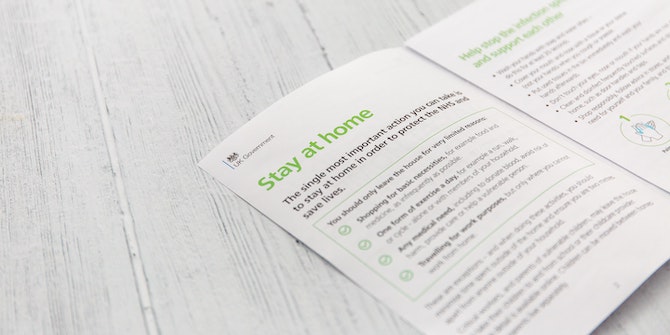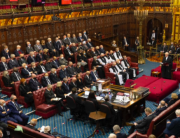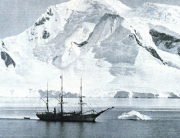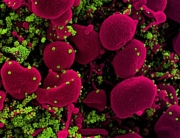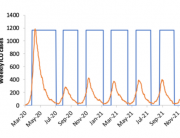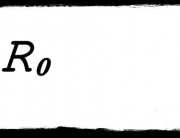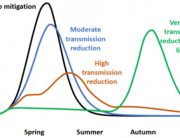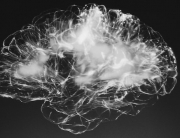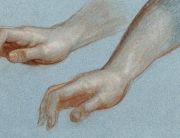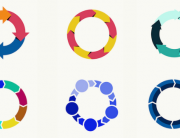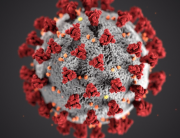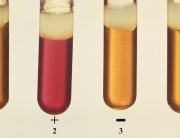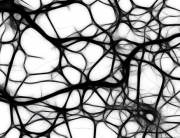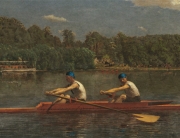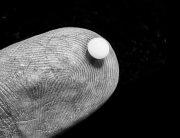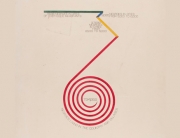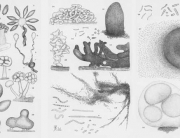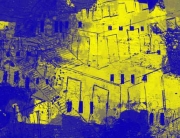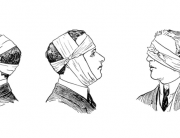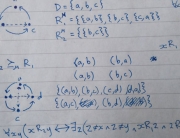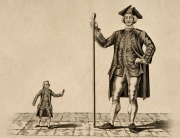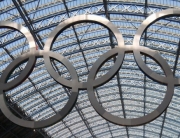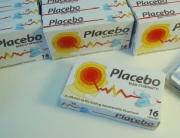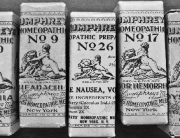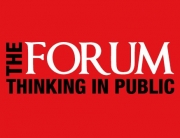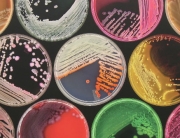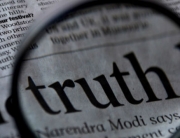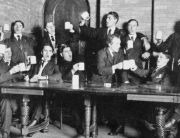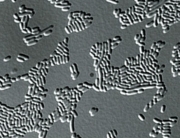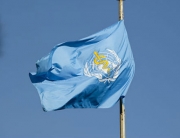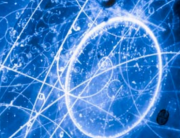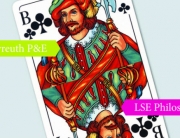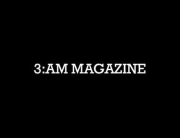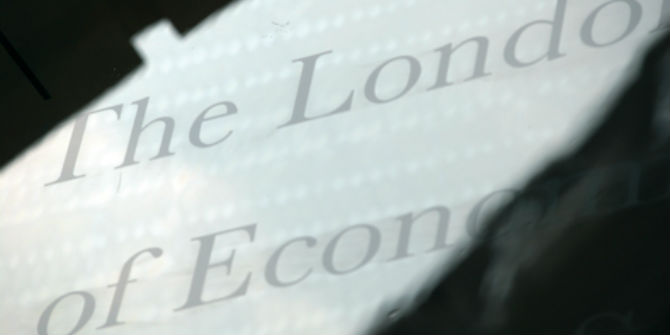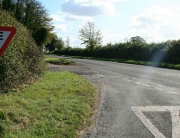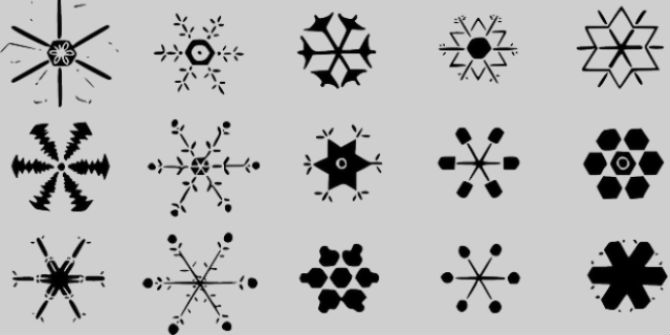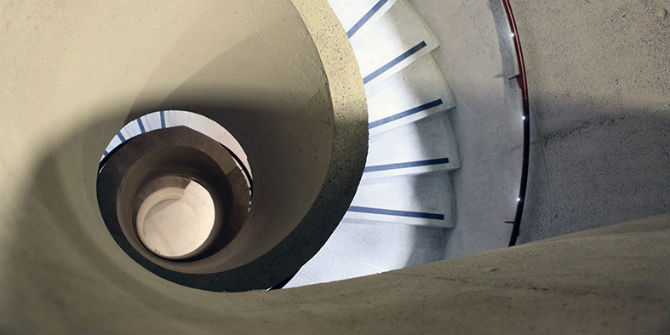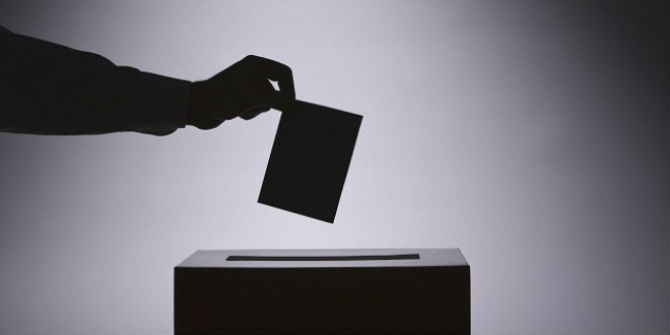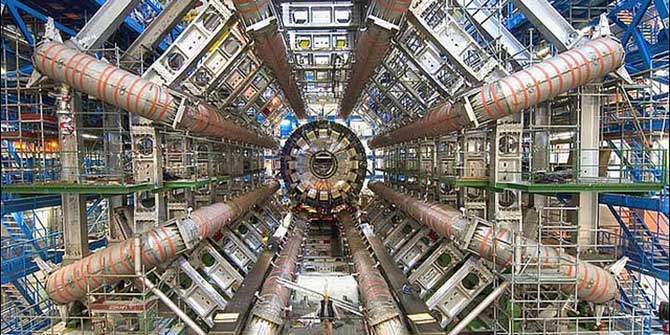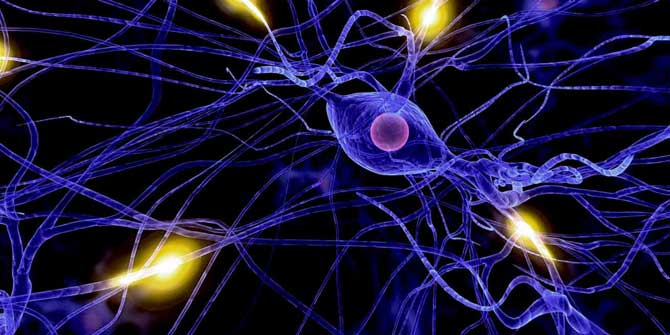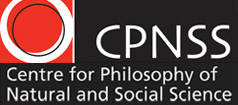How does the role of scientist relate to the role of policy-maker? Philip Thonemann looks at coronavirus science, public policy and the value free ideal.
Can science aspire to be at least partly non-political – value-free? I suggest, in opposition to many contemporary philosophers, that concerning hypothesis acceptance, it can.
In through the door in 10 Downing Street came Mr Johnson to stand at his lectern, announcing action on the lockdown that affected what everyone values, while, next to him, separated by manner and profession, stood Professor Chris Whitty, the Chief Medical Officer, reporting that the virus reproduction rate R – the number of people each infected person is themselves infecting – was somewhere between 0.5 and 0.9. Crucially, he emphasised this uncertainty.
The degree of public trust in Mr Johnson is considerably lower than that in Professor Whitty. While politicians qua politicians are trying to make the right decisions for the public they represent, qua people they have their other values: furthering their careers, protecting the interests of their friends, avoiding signs of weakness, concealing their mistakes… generally being human. The lack of trust in their professional decisions is because these personal values are believed to leak into them – even to dominate them.
Meanwhile scientists qua scientists are seeking the truth, while qua people they are viewed as – well, not quite as human as politicians. They are supposed to be so obsessed with truth-seeking that their personal values have somewhat atrophied. This “introverted boffin” image can inspire gently amused affection: the otherworldly, wild haired, figure, detached from everyday concerns, with a wardrobe full of identical favourite shirts, muttering formulae to themselves as they boil their watch for breakfast. Professor Whitty, though lacking appropriate hair, is a fair example. They therefore inspire greater professional trust, because their claims are believed to be governed reasonably successfully by the Value-Free Ideal:
To have the best chance of obtaining the truth about the world, I must ideally be non-political, and minimise the influence on my truth-seeking of personal, social, and political, values.
On this basis expert witnesses in court cases, and researchers on climate change, are widely trusted to be, or try to be, value-neutral – universal and objective.
However when in 1953 Richard Rudner portrayed a “coldblooded, emotionless, impersonal, passive scientist mirroring the world perfectly in the highly polished lenses of his steel rimmed glasses”, he intended this, far from being affectionate, to be outdated, intellectually indefensible, and pernicious. His “classic argument”, referred to in a previous blog post, is that whenever they are investigating matters with consequences of value beyond the intellectual – matters, for example, medical – they must, on the contrary, be hotblooded; they cannot, and should not, avoid involving these values:
…The scientist must make the decision that … the probability is sufficiently high to warrant the acceptance of the hypothesis … [which] obviously is going to be a function of the importance, in the typically ethical sense, of making a mistake … The Scientist Qua Scientist Makes Value Judgements.
Suppose, for example, that Professor Whitty judges that the probability p of the hypothesis, h, that R = 0.7 ± 0.2, given the evidence E for it, is about 95%. Symbolically, p(h/E) = 0.95. He may well reckon that the evidence for h is “sufficiently high” for him to accept it. But why does he think that 95% confidence is sufficient? Why not 98%? Why not 99.9%? According to Rudner, he has no epistemic method for deciding sufficiency; there is an “epistemic gap” and therefore “epistemic risk”. For acceptance, he cannot avoid considering the social benefit if h is right, and the harm if it is wrong – what Rational Choice theorists call “utilities”. So he should just make these values explicit, not minimise their influence. He cannot occupy an ivory tower. If this reduces trust in him, so be it.
Something about Rudner’s argument feels right, and something feels very wrong – in fact, intellectually indefensible, and pernicious. There are values in the briefing, but can’t Professor Whitty stay in his ivory tower, and leave them to Mr Johnson? Isn’t there a division of professional responsibility?
I suggest that the separation of the two lecterns symbolises two worlds: the ideally value-free world of truth-seeking, and the obviously value-saturated world of everyday life. I say “symbolises” because of course actual people such as Professor Whitty are no more cold-blooded truth-seekers than they are occupiers of actual ivory towers. These are useful abstractions – models of complex reality. Let’s see how this works.
The philosopher C. E. M. Joad, taking part in the Second World War radio discussion programme The Brains Trust, often started his answers with his catchphrase “It all depends what you mean by …”. It all depends what Rudner means by “scientist” and “accept”.
Take SCIENTIST to be “truth-seeker” (TS), because that’s how the concept is characterised: the “boffin” view.
Now distinguish two senses of “acceptance” of h, one for truth-seeking, and one for policy-making (PM):
ACCEPTANCETS of h is intellectual, being the final outcome of the truth-seeking activity of scientistsTS, when h has high enough probability to be entered into the text books lining the walls of their ivory tower. This has, and should have, nothing to do with policy making.
ACCEPTANCEPM of h, by contrast, is practical, referring to Prime Minister Johnson using h, despite its uncertainty, as a basis for a lockdown decision with value consequences. This has, and should have, nothing to do with intellectual acceptanceTS.
(SCIENTISTPM would be a horrible hybrid, only useful for equivocation)
We now see where Rudner’s “Inductive Risk” argument goes wrong. He offers an uncontroversial argument concerning acceptancePM as if it is implicitly about the chimerical scientistsPM – leading to a dramatic conclusion about what Professor Whitty represents: ScientistsTS and acceptanceTS. He is saying either:
- Politicians such as Mr Johnson, acceptingPM h, must make value judgments (Which is dull, and obviously true).
Or:
- ScientistsTS, such as Professor WhittyTS, acceptingTS h, must make value judgements. (Which would be exciting if true, but is false).
AcceptanceTS – entry in the ivory-tower textbooks – is entirely irrelevant to the briefing – to the world of values that interests Rudner’s followers. What Professor WhittyTS offers to the value-saturated world at Mr Johnson’s lectern is not acceptanceTS, but p(h/E). He doesn’t add “By the way, Prime Minister, the scientific community have acceptedTS h”. That is an “internal” matter purely for him.
By the way, you may agree that internal ivory tower acceptanceTS of h would be irrelevant – indeed misleading – in the briefing, but still wonder how it works. How does Professor WhittyTS decide how much evidence is sufficient for it? Why does he choose confidence of 95% as sufficient, rather than 99% I will not give a full answer here, merely remarking that the choice is a function not of the ethical, but of the intellectual, importance of making a mistake, reflecting the truth-seeking community’s degree of epistemic risk aversion.
Values do not influence science in the way Rudner suggests. When it comes to acceptanceTS, professionally cold-blooded Professor WhittyTS can and should, leave ethics outside his ivory tower’s door. AcceptancePM is the PM’s business.
By Philip Thonemann
Philip Thonemann is a Research Associate at LSE’s Centre for Philosophy of Natural and Social Science (CPNSS). Many thanks to Catherine Greene, also at the CPNSS, for her help.


